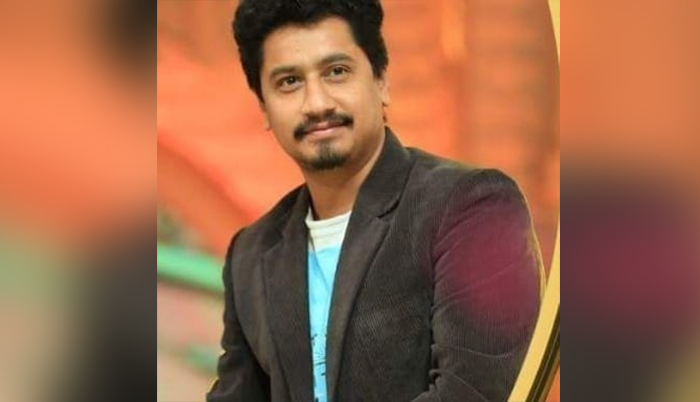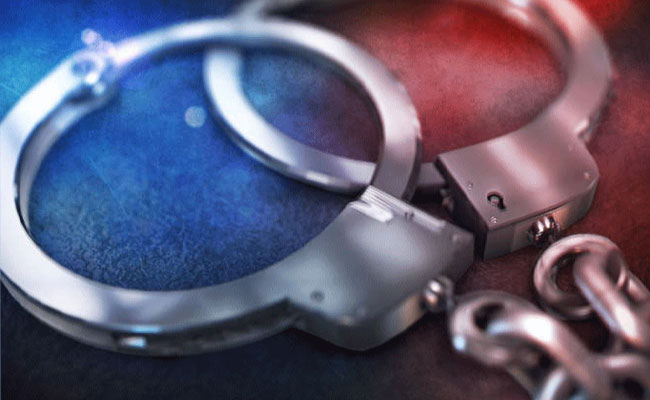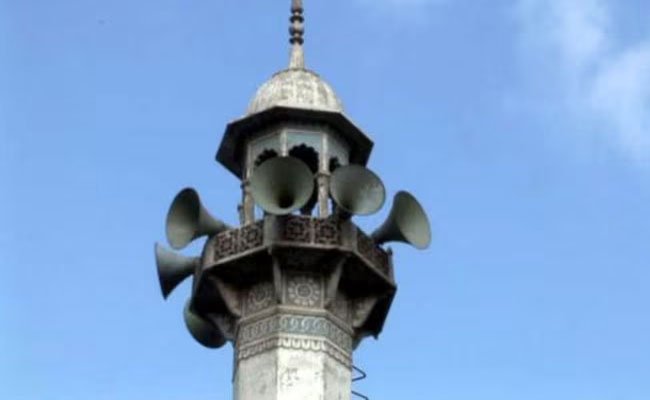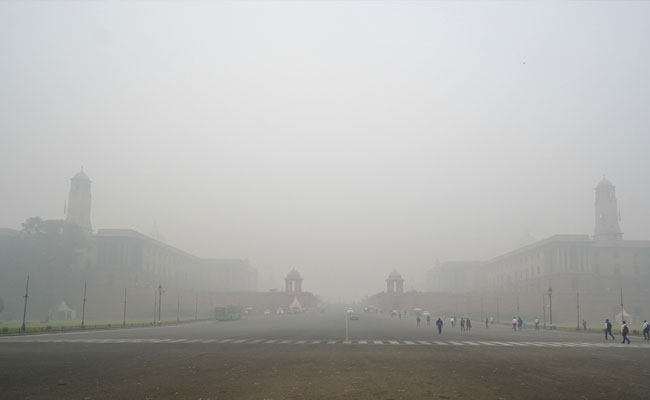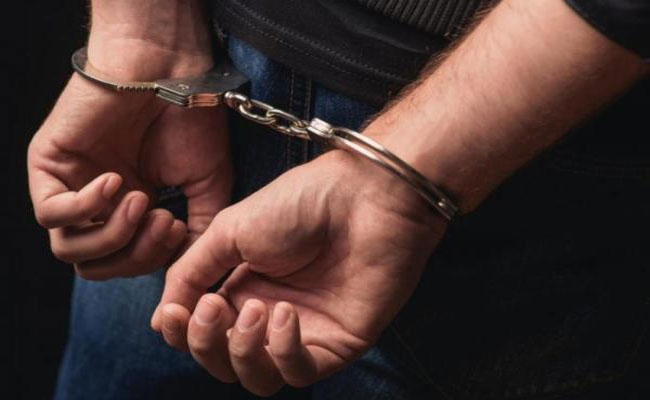Bengaluru: National Award Winning Kannada Movie actor Sanchari Vijay has reportedly sustained critical injuries in a road accident while he was riding his bike in the city here. His condition is said to be critical at the moment.
According to the reports, the incident took place when Vijay was riding his bike along with his friends on Saturday night. Vijay is said to have sustained severe head injuries, and has a fracture in his leg, and is being treated at the ICU at Apolo Hospital at Bannergatta in the city.
In an official statement, the hospital’s chief neurosurgeon Dr. Anil Kumar said Vijay had serious head injuries and was in critical condition when he was brought to the hospital after which he went through some scans and surgery was conducted.
Let the Truth be known. If you read VB and like VB, please be a VB Supporter and Help us deliver the Truth to one and all.
Jamshedpur (PTI): One person was arrested on the charge of raping a 30-year-old woman with speech impairment in Jamshedpur, a police officer said on Tuesday.
The incident occurred in the Azadnagar police station area of the city, and a case in this regard was registered based on the statement of the victim's brother on Monday.
The victim had gone to fetch water from the premises of a company on Monday evening. When she did not return even after a considerable time, family members went out in search of her and caught the accused red-handed, police said.
ALSO READ: BJP accuses Karnataka govt of 'failing' to prevent noise pollution caused by 'azaan'
The accused was a caretaker of the company.
Deputy Superintendent of Police (Patamda) Bachandeo Kujjur said due to scarcity of water in the area, the victim used to fetch water from the premises of the company.

